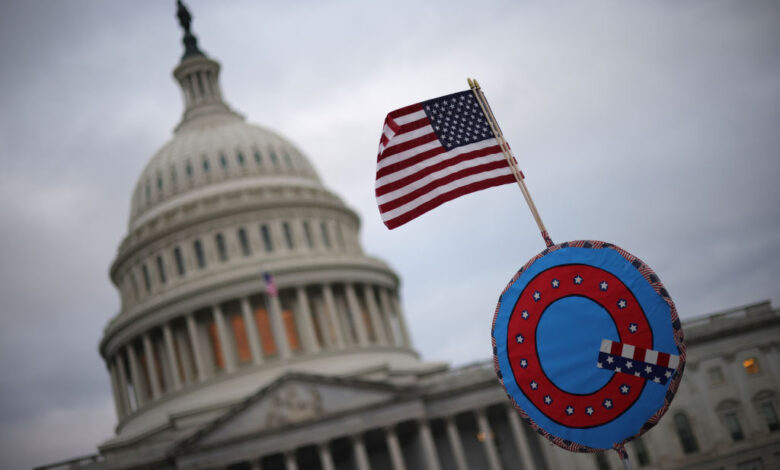New Senate bill seeks to protect artists’ and journalists’ content from AI use

A bipartisan group of senators has introduced a new bill that seeks to protect artists, songwriters and journalists from having their content used to train AI models or generate AI content without their consent. The bill, called the Content Origin Protection and Integrity from Edited and Deepfaked Media Act (COPIED Act), also seeks to make it easier to identify AI-generated content and combat the rise of harmful deepfakes.
Senate Commerce Committee Chair Maria Cantwell (D-WA), Senate AI Working Group member Martin Heinrich (D-NM) and Commerce Committee member Marsha Blackburn (R-TN) authored the bill.
The bill would require companies that develop AI tools to allow users to attach content provenance information to their content within two years. Content provenance information refers to machine-readable information that documents the origin of digital content, such as photos and news articles. According to the bill, works with content provenance information could not be used to train AI models or generate AI content.
The bill is designed to give content owners, such as journalists, newspapers, artists, songwriters and others the ability to protect their work, while also setting the terms of use for their content, including compensation. It also gives them the right to sue platforms that use their content without their permission or have tampered with content provenance information.
The COPIED Act would require the National Institute of Standards and Technology (NIST) to create guidelines and standards for content provenance information, watermarking and synthetic content detection.
These standards would be used to determine if content has been generated or altered by AI, as well as where AI content originated.
“The bipartisan COPIED Act I introduced with Senator Blackburn and Senator Heinrich, will provide much-needed transparency around AI-generated content,” said Senator Cantwell in a press release. “The COPIED Act will also put creators, including local journalists, artists and musicians, back in control of their content with a provenance and watermark process that I think is very much needed.”
The bill is backed by several artists’ groups, including SAG-AFTRA, National Music Publishers’ Association, The Seattle Times, Songwriters Guild of America and Artist Rights Alliance, among others.
The introduction of the COPIED Act comes as there has been an influx of bills related to AI as lawmakers look to regulate the technology.
Last month, Senator Ted Cruz introduced a bill that would hold social media companies like X and Instagram accountable for removing and policing deepfake porn. The Take It Down Act came amid the rise of AI-generated pornographic photos of celebrities like Taylor Swift have made the rounds on social media.
In May, Senate Majority Leader Chuck Schumer introduced a “roadmap” for addressing AI that would boost funding for AI innovation, tackle the use of deepfakes in elections, use AI to strengthen national security and more.
In addition, Axios reported earlier this year that state legislatures are introducing 50 AI-related bills per week. According to the report, there were 407 total AI-related bills across more than 40 states as of February, depicting a steep increase from the 67 related bills introduced a year ago.
Amid the emergence and popularity of AI tools, President Joe Biden issued an executive order last October to set standards for AI safety and security. The standards would require developers of AI systems to share their safety test results and other critical information with the government before deploying their systems to the public. It’s worth noting that former President Donald Trump has vowed to repeal the executive order if re-elected.
Source link



